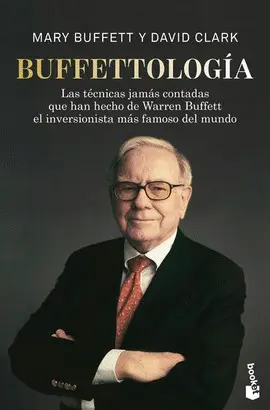Too Many Bosses, Too Few Leaders
Peshawaria, Rajeev
How did Alan Mulally--an outsider to the auto industry—lead such a spectacular turnaround at Ford? How did Morgan Stanley CEO John Mack keep his company from imploding even as Lehman Brothers collapsed? What is it that enables such extraordinary leaders to galvanize their talents and energy, as well as the talents and energy of those who work for them, to achieve superior perfo...
Sinopsis
How did Alan Mulally--an outsider to the auto industry—lead such a spectacular turnaround at Ford? How did Morgan Stanley CEO John Mack keep his company from imploding even as Lehman Brothers collapsed? What is it that enables such extraordinary leaders to galvanize their talents and energy, as well as the talents and energy of those who work for them, to achieve superior performance no matter what challenges they face?
Rajeev Peshawaria has spent more than twenty years working alongside top executives at Fortune 500 companies and training them in leadership, including as Global Director of Leadership Development programs at American Express, as Chief Learning Officer at both Morgan Stanley and Coca-Cola, and as one of the founding members of the renowned Goldman Sachs leadership development program known as Pine Street. He knows precisely what makes the difference between those who are simply bosses and those who are superior leaders, and between those who continue to rise to the top levels and those who get stuck along the way.
In this lively and remarkably empowering book, Peshawaria offers readers the opportunity to experience the highest level of leadership training available in the world. Introducing the three core principles he has observed are the foundation of the best leadership--that great leaders clearly define their purpose and values; that nobody can motivate another person because everyone comes premotivated; and that a leader's job is not to directly produce results but to create the conditions that will harness the energy of others—he details his unique and proven program for achieving leadership excellence.
Sharing a wealth of illuminating stories, from those of Mulally's achievement at Ford and Mack's at Morgan Stanley, to how Harvey Golub and Ken Chenault successfully restored American Express to long-term sustainable growth, how Neville Isdell turned the Coca-Cola Company around, and the continuing prowess of Jeff Bezos in growing Amazon.com, he first reveals how extraordinary leaders marshal and sustain the level of energy in themselves that is required and how they enlist a core group of proficient co-leaders. He then outlines how to harness the energy and talents of those at all levels of an organization, igniting their motivation by following his RED guidelines for addressing their core needs concerning their Role, their work Environment, and their career Development. Finally, he introduces his unique Brains, Bones, and Nerves framework for: developing a clear strategy for competitive advantage (the Brains); crafting an optimal organizational structure (the Bones); and fostering a highly cooperative and motivated company culture (the Nerves).
Filled with specific tips about the vital questions to ask and simple but powerful steps to follow, Too Many Bosses, Too Few Leaders is a manager's essential tool kit for long-term superior performance.
Comentarios
Sé el primero en comentar este libroArtículos relacionados







